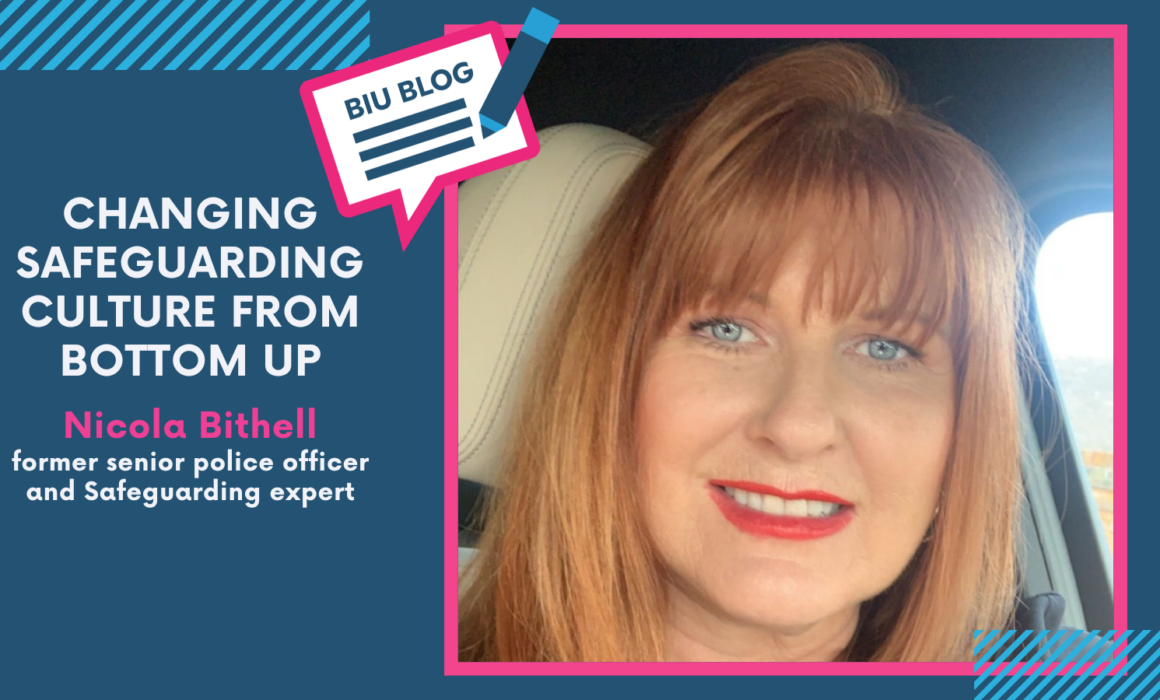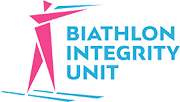In safeguarding, change must come from the bottom up
Historically, organisations have preferred to change culture by putting the onus on the leadership boards, the people at the top, the elite and the successful. This is because they are perceived to be people to look up to: those who lead by example, those who have ‘made it’.
As such, we regard them with awe. We dream of matching their achievements, of being as educated, as dominant in our field, as respected, as popular, as rich… However we define success, those at the top are always seen to have it all, and to be the most influential. They have reached what we sometimes call the dizzy heights of success. And we look to them to drive change from their positions of power.
But is this the best way to do it? There is no doubt that these are the people that have the control, and who hold the purse strings. Our leaders have often invested greatly and personally in their respective organisations. They understand the inner workings, they are the brains behind the operational requirements. And it’s often from the top that we talk about ‘Safe Sport’, ‘Diversity’ and ‘Accessibility’. This is a narrative that is relatively new to sport, but that is gathering momentum as times change and inclusivity becomes paramount.
But recent events across the length and breadth of many sporting organisations have highlighted a range of past cases of significant and harmful abuse conducted against athletes at all levels, as a direct result of their participation in sport. Much of this abuse was conducted by people in positions of trust; by people on the ground, with direct access to and responsibility for the athletes.
And there is one stark and devastating reality that is evidenced across the reported incidents: at the time of their abuse the victims were frightened, and did not have confidence in the process, or in their organisations’ desire to be victim-focused and to respond appropriately. In fact, they did not know who they could tell, or who they could trust.
It sometimes seems difficult to comprehend why anyone would allow an individual to abuse them, and to continue to abuse them, without speaking out, whether the abuser is a coach, a parent, a peer or anyone else in a position of trust.
In any case, surely we should be able to expect that the abuse will stop once a disclosure is made? Because as a child, or an adult, a person should be able to expect NOT to come to harm, especially when participating in the thing they love the most, their sport.
“It’s just banter”
As individuals, cast your minds all the way back to the very first time you put on your skis and hit the snow. As you became more skilful, and more confident, recall the joy, the adrenaline rush and the feeling of accomplishment when you first competed. Remember the nerves, the exhilaration… and then the realisation that, actually, you are good at this. And every day that you get to ski, to shoot, to race, to compete, you get better and better. You become part of a team, part of the Biathlon family. It becomes your love, your happy place.
But one day things change. Maybe not overtly, initially. Perhaps there is a minor issue: an inappropriate comment, sexual, discriminatory, degrading; a lingering hand; an unwelcome show of affection; oversharing; personal conversations; an explicit joke. Everybody laughs. “It’s just banter”, they say. “They mean no harm, that’s just how they are…”
I have heard this many times in my reviews of past cases and complaints, and witnessed it personally in my previous career as a police officer. “It’s just the culture”, people say. In the global sporting environment, I have heard it described as ‘European Culture’: “It’s the culture of the sport. It’s how it has always been”. But just because this is how it has always been, does that make it acceptable to support and even facilitate it?
And as the abuse continues, where do we draw the line? As new generations of athletes join the higher ranks, are they supposed to accept and adapt to this engrained culture? “Well, why should they?”, we might ask. They are strong independent people, disciplined and competitive. They have a voice.
But discriminatory and toxic culture takes away that voice. Are they expected to stand out as the one who doesn’t laugh, who doesn’t join in? Must they ostracise themselves from the group, challenge those perceived as the popular ones, lose friendships and support from their peers?
Should they challenge the coach who is responsible for their training opportunities, who is responsible for discussions with those involved in selection?
Do they challenge behaviour at camp, and become isolated and lonely?
How can it be that challenging inappropriate behaviour can make an individual more vulnerable? How is it that the perceived consequences could be discriminatory repercussions that are detrimental to career progression?
Reversing the culture
How do we prevent this from happening? How do we make it safe for people to challenge inappropriate behaviour at every level, without fear? How do we protect them from increasing levels of abuse, if we cannot challenge and intervene in low levels of offending behaviour?
The answer: we make it the norm to challenge it. We reverse culture.
How do we do this?
· We educate the next generation of athletes to be conversant in Safeguarding narratives
· We commend and reward those leaders who choose to act responsibly and challenge appropriately
· We demand the highest standards of ethics and morality, making this generation of Biathletes conform with higher and more professional standards, both personally and organisationally
· We encourage our grass roots-level athletes to be unrepentant in ‘calling out’ unprofessional or inappropriate behaviour, or actions that make them feel uncomfortable
· We promote AND put into practice protocols that give them a safe space to do so, free from discrimination or repercussion
· We give them the pathways and the tools to report and record, to have a voice, to challenge
· We market the concept of safe reporting through modern media, making use of current media trends
· We make Safe Sport narrative and behaviour consistent across federations and sports organisations globally, using common language such as ‘Whistleblowing’ and ‘Safeguarding’
· We educate our Biathletes in what is NOT acceptable, and promote and nurture a safe environment for them from the minute they put on their first pair of skis to the last day of their career
· We have visible and recognisable Safeguarding representation at all training camps and events as part of the event management.
How do we change? We change from the bottom, with the new and the young. We STOP young Biathletes conforming to past cultures to ‘fit in’. We encourage open and honest communication and transparent practices in the management of complaints and concerns at every level.
We make Safeguarding the backbone of Biathlon.
We change our culture. For good.
Nicola Bithell is a former senior police officer and now a Safeguarding expert.


